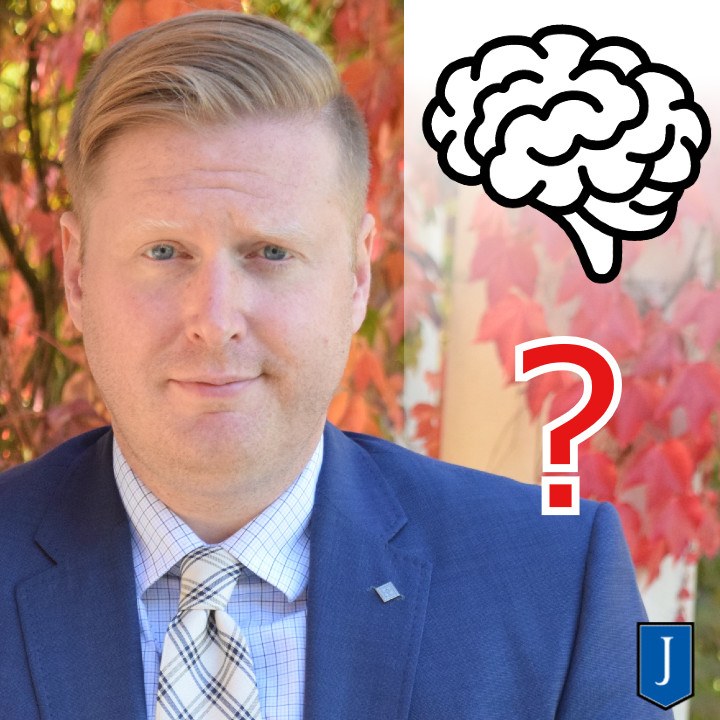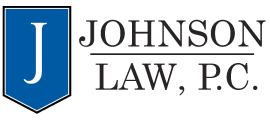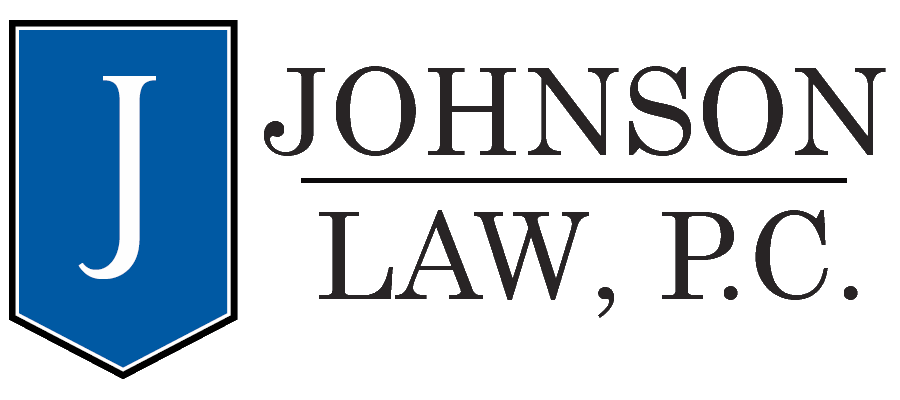Oregon Concussion Lawyer FAQ – Johnson Law, P.C.
Legal & Medical Disclaimer
Johnson Law, P.C. is a personal‑injury law firm. This guide provides legal information—not medical advice. For diagnosis or treatment, consult a licensed healthcare professional.
Why Focus on Concussions?

A concussion is a type of traumatic brain injury (TBI) caused by biomechanical forces that jolt the brain. Although concussions are medically categorized as “mild TBIs,” the functional impact can be anything but mild. Repeated or improperly managed concussions can lead to post‑concussion syndrome, chronic traumatic encephalopathy (CTE), and life‑altering cognitive or emotional changes.
From a legal standpoint, concussion cases require special handling:
- Invisible Injuries: Imaging may appear normal even when serious deficits exist.
- Delayed Symptoms: Victims often appear fine at the scene yet deteriorate hours or days later.
- Insurance Tactics: Adjusters routinely downplay concussions as “minor bumps.”
An experienced Oregon concussion lawyer understands these traps and builds evidence that withstands insurer pushback and juror skepticism.
Do I Have a Concussion Case?
You may have a viable claim if all three elements apply:
- Duty of Care Breached – Another party acted negligently (e.g., reckless driver, unsafe property owner, violent assailant).
- Causal Link – The breach caused an acute or cumulative brain injury diagnosed as a concussion.
- Compensable Losses – You incurred medical bills, lost income, pain, cognitive impairment, or diminished quality of life.
Unsure? Take advantage of our free case review—we evaluate medical records, witness statements, and liability evidence at no cost.
Common Causes in Oregon
- Car, truck, and motorcycle collisions
- Bicycle and pedestrian crashes
- Falls on unsafe premises
- Workplace accidents (construction, logging, maritime)
- Sports or recreational impacts
- Assaults and battery
Concussion Signs & Symptoms
Physical
- Headache or pressure in the skull
- Nausea or vomiting
- Balance problems or dizziness
- Sensitivity to light or noise
Cognitive & Emotional
- Confusion, brain fog, or slowed thinking
- Memory gaps surrounding the event
- Irritability, mood swings, or depression
- Sleep disturbances (insomnia or hypersomnia)
Pro Tip: Document symptoms daily in a journal or symptom‑tracking app; contemporaneous notes bolster credibility at settlement or trial.
Diagnosis & Medical Proof
- Emergency Evaluation: Following any head impact, request a CT scan to rule out hemorrhage.
- Neurological Exam: A neurologist or physiatrist conducts Glasgow Coma Scale testing and cognitive screening.
- Advanced Imaging: Diffusion tensor imaging (DTI) and functional MRI can reveal micro‑structural brain changes.
- Neuropsychological Testing: Standardized tests quantify memory, processing speed, and executive‑function deficits.
Medical evidence collected within the first 72 hours carries the greatest evidentiary weight. An attorney coordinates referrals so you receive—and insurers cannot dispute—the proper work‑ups.
Average Concussion Settlement Values
Every claim is unique, but Oregon personal‑injury settlements for single‑impact concussions often range $25,000 – $300,000. Factors driving value:
- Diagnostic confirmation and objective test findings
- Duration and severity of post‑concussion symptoms
- Lost wages and future earning‑capacity reduction
- Permanence of impairment (post‑concussion syndrome)
- Aggravating liability facts (DUI, texting driver, OSHA violations)
Catastrophic or multiple‑impact cases can exceed seven figures when vocational and life‑care experts substantiate long‑term needs.
Statute of Limitations in Oregon
- Personal Injury: 2 years from the injury date (ORS § 12.110).
- Claims Against Public Bodies: Notice within 180 days (ORS § 30.275).
- Minors: Clock typically pauses until age 18, but do not delay—evidence fades.
Miss a deadline and the court will dismiss your case—no matter how severe the injury. Engage counsel early so statutory notices and filings are timely.
How an Oregon Concussion Lawyer Helps
- Evidence Preservation: Secures crash‑scene data, surveillance footage, and medical imaging.
- Expert Team: Retains neurologists, neuropsychologists, life‑care planners.
- Insurance Negotiation: Counters lowball offers with data‑driven demand packages.
- Trial Readiness: Prepares demonstrative exhibits—brain models, symptom timelines—to educate jurors.
Our firm recovers both economic damages (medical costs, income loss) and non‑economic damages (pain, emotional distress, loss of life‑enjoyment). Oregon law caps non‑economic damages in some tort actions; we structure arguments to navigate or contest caps where possible.
FAQs
Is a concussion always apparent right away?
No. Adrenaline, pain medication, or shock can mask symptoms. Seek medical evaluation even if you “feel fine.”
Can I recover if imaging is negative?
Yes. Modern concussion protocols rely on symptomatology and neuropsychological testing, not solely on CT or MRI results.
What if I was partly at fault?
Oregon follows modified comparative negligence (ORS § 31.600). You can recover damages if you are 50 % or less at fault, but your award is reduced by your fault percentage.
How long will my case take?
Straightforward claims may resolve in 6–12 months; complex cases can take several years, especially if litigation is necessary.
Talk to a Concussion Attorney Today
Trauma to the brain deserves serious legal representation. Johnson Law, P.C. offers:
- Zero‑fee consultations statewide
- No recovery, no fee—we advance all costs
- Offices in Portland, Hillsboro, and Salem; home and hospital visits available
Call (971) 205‑3266 or use our contact form. Consultations are confidential and come with no obligation.
Related Resources
- Oregon Auto Accident Guide
- Post‑Concussion Syndrome Compensation
- Wrongful Death Claims

